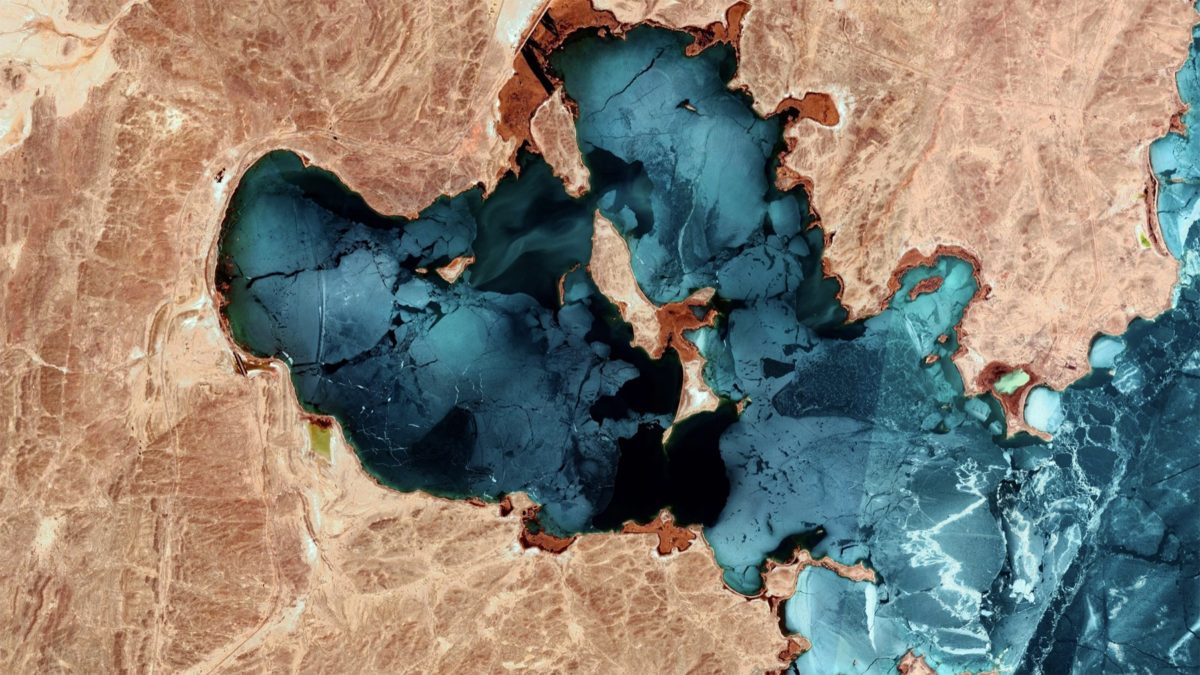As a person who runs a conservation news outlet, I’m often asked by scientists, NGOs, community leaders, and others for tips on how to get journalists to cover their work.
The quality of your work doesn’t necessarily translate to press attention: Many excellent initiatives and organizations get very little visibility. But you can increase the odds of coverage by taking some simple steps.
IDENTIFY YOUR AUDIENCE
Who are the journalists that cover the kind of work that you do? Look at the names on bylines of stories related to your work and start following those journalists on social media.
Once you get a sense of their interests, send them a note. Maybe start by complimenting them on a recent story — but don’t open with an essay or a diatribe.
BE RELEVANT
When you start pitching journalists, be sure to connect your issue to the bigger picture. How does it relate to people’s lives? Why does it matter?
BE COMPELLING
Be aware that a journalist may need to sell the idea of your story to an editor. So, what about your work will grab a journalist’s or editor’s attention? Why is it newsworthy? Look for news hooks.
MAKE IT EASY FOR A JOURNALIST TO COVER YOUR WORK
Journalists are often working under tight deadlines, so you strive to make it as easy as possible for them to cover your work.
You don’t have to have a press office or institutional support to write a press release that clearly lays out your work and makes a case for why it is important. The press release should include simple, non-technical quotes.
Make visuals like photos, video clips, and charts available to journalists for use in their story.
BE RESPONSIVE
If you’re contacted by a journalist and want to engage, try to respond in a timely manner. Aim to communicate concisely: Have a few soundbytes ready.
Also be patient: A lot of time may pass between speaking with a journalist and the story’s publication.
BUILD A PRESENCE
Building a public profile–whether that’s a website, a blog, or establishing a social media presence–can help catalyze press coverage of your work.
Before you pick your platforms, understand how they work, what audiences you’re trying to reach, and your goals. Are you trying to build a personal brand? Get donations? Persuade people to volunteer or sign a petition?
Once you’ve picked your platforms, follow people in your space and post content, but do so with the awareness that whatever you publish is public and may live on the Internet forever. Establish personal rules of engagement to avoid getting sucked down time-consuming rabbit holes.
Set goals for your outreach, measure progress against them, and re-evaluate your strategy periodically
These are all very basic tips, but hopefully they’re helpful. Down the road, I’ll post some tips for pitching Mongabay specifically.

